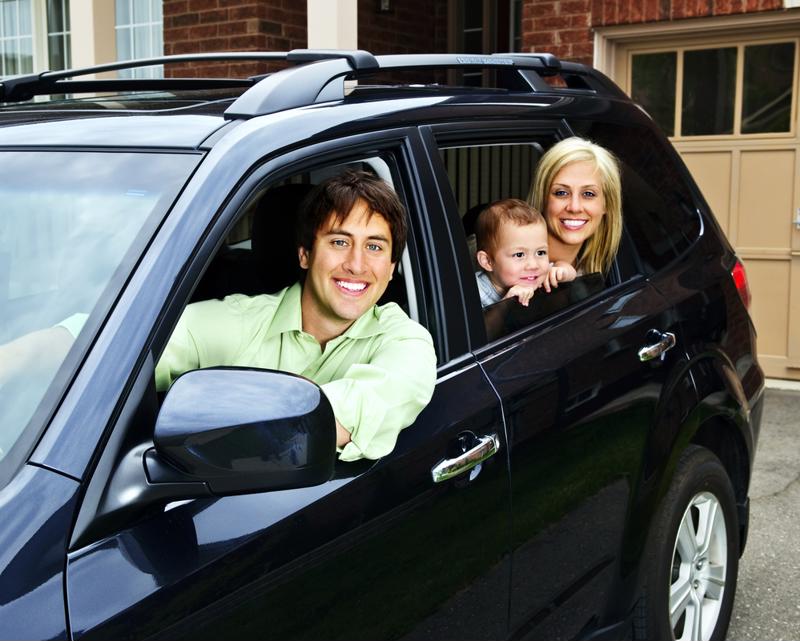Deciding whether you'll buy or lease your next car is a personal decision that banks on several factors. You'll need to take into consideration your commute, lifestyle and future. Here are some major differences between owning and leasing.
Mileage
When the car is yours, you can drive across the country if you want to. However, if you're leasing, you need to take mileage into account. Many leases allow the driver between 12,000 and 15,000 miles per year, according to Consumer Reports.
"A big draw of leasing a vehicle is that you don't have to pay very much money upfront for it."
Conversely, if you live close to work and you don't need to use the vehicle that often, the better offer would be to take the lease. This option may appeal to college students who drive primarily on the weekends or people who live in the city, but ride mass transportation to and from work. Payments are a whole other story.
Monthly payments and money down
On the one hand, a big draw of leasing a vehicle is that you don't have to pay very much money upfront for it, according to LearnVest. It's a great option for people who are in a pinch, but need a new car. Some leases don't require any down payment. Not to mention, the monthly bills tend to be more affordable when compared to a financed vehicle.
On the other hand, purchasing a car is seen as the best option in some people's eyes because it's a bargain if you plan to hold onto it for more than three years. Oren Weintraub, founder of Authority Auto, explained that this option makes sense in the long run.
"If you're going to keep a car for three years or longer, your total amount spent will be less than if you leased and bought the car in the end," Weintraub says. "Payments will be higher upfront, but after the three-and-a-half year mark, you [generally] have equity [in the car]."
Matt Shapira, a CFP with Learnvest Planning Services, added to Weingtraub's point by explaining the value of owning something.
"There are some big upsides to financing - every payment increases your net worth. You're building equity in an asset, and even if it's a depreciating asset, it's still a thing you own."
 If you have a big family, buying may be the better option.
If you have a big family, buying may be the better option.
Maintenance
At the same time, it's important to consider how many people will be using the vehicle. If you have kids and a dog, outright buying may be more appealing, as these loved ones can cause more wear and tear on the vehicle, which might leave you with a hefty bill if you lease. Consumer Reports pointed out that extra charges often apply to lease holders if the vehicle surpasses what's considered normal wear and tear.
When it comes to maintenance, the lease will specify whether services like a tire rotation or oil change are covered. Tackle that before you sign on the dotted line to ensure you're getting what you need. Car owners are fully responsible for the upkeep and any damage costs.
Car owners can sell at any time and use any money to pay off the remainder of the car loan. However, people who've leased are bound to their contracts and they might wind up with fees that cost just as much as finishing out the lease, explained Consumer Reports.
Buying is the better option if you plan to stay put for a few years because you'll get equity. However, leasing is the greater deal for people who don't want to hold onto a car for longer than 2-3 years.